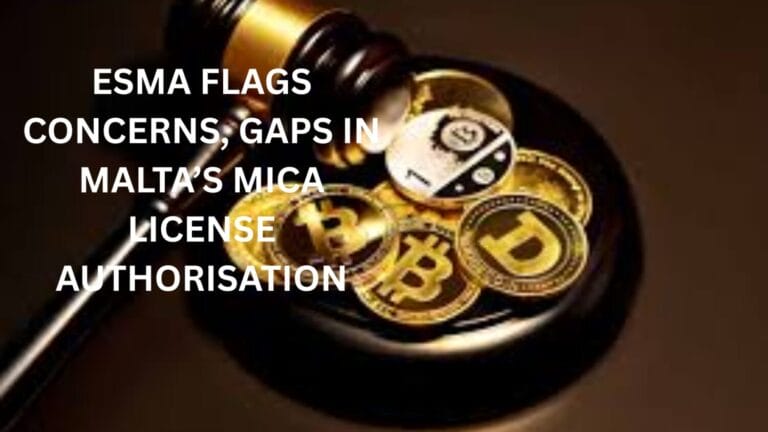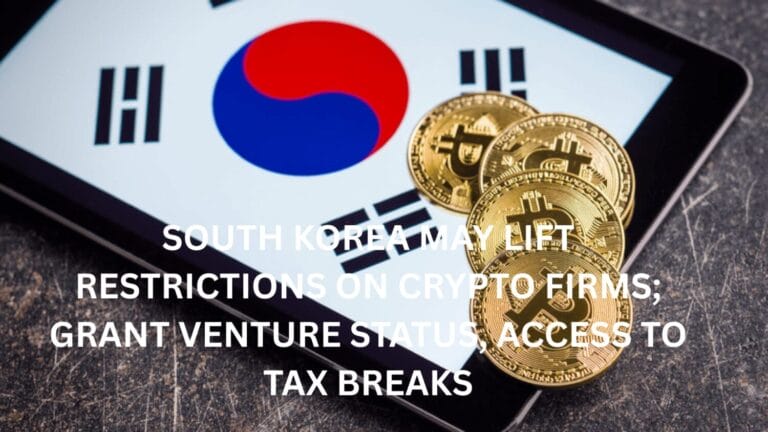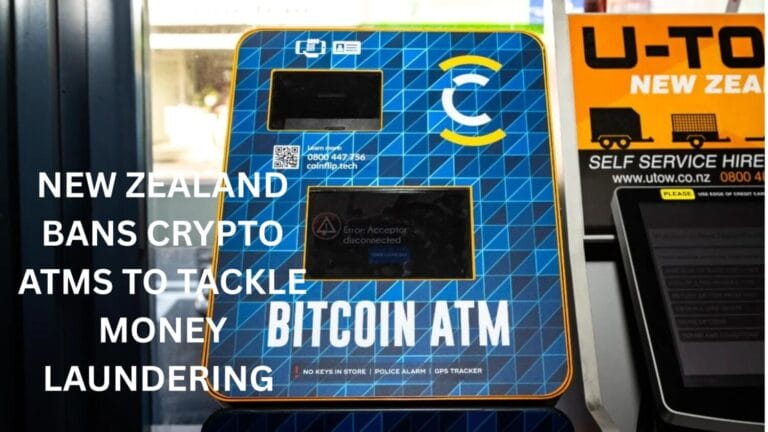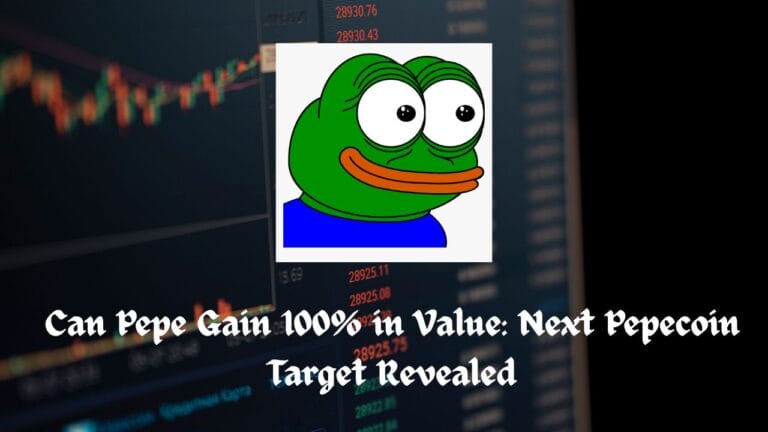Key Takeaways:
- Starting May 1, Indonesia wants to levy a 0.1 percent value-added tax (VAT) on crypto transactions and capital gains.
- According to a Reuters story, tax official Hestu Yoga Saksama stated Friday that the government will apply income tax and VAT on crypto assets and is still working on the implementing regulation.
- “Because cryptocurrency is a commodity as defined by the commerce ministry, it will be subject to VAT. They are not a form of payment “he stated
Despite a growth in crypto trading in Southeast Asia’s largest economy, Indonesia’s Financial Services Authority (OJK) cautioned in January that financial organisations are not authorised to offer and enable sales of crypto assets.
In an Instagram post, the regulator said, “OJK has strongly barred financial service institutions from using, marketing, and/or supporting crypto asset trading.”
It cautioned that the value of crypto assets varies frequently, and that anyone considering investing in them should be aware of the risks.
A tax official said on Friday that Indonesia proposes to charge a 0.1 percent value-added tax (VAT) on crypto asset transactions and a 0.1 percent revenue tax on capital gains from such investments starting May 1, citing a rise in digital asset buying and selling.
- “Crypto assets will be subject to VAT because they are a commodity as defined by the trade ministry. They are not a currency,” he said.
The COVID-19 pandemic has sparked a boom in interest in digital assets in Southeast Asia’s largest financial system, with the number of bitcoin asset holders rising to 11 million by the end of 2021.
According to data from the Commodity Futures Buying and Selling Regulatory Company, total crypto asset transactions in commodity futures markets hit 859.4 trillion (approximately Rs. 4,54,440 crore) last year, rising more than 10 times from 2020’s transaction value.
The Commodity Futures Trading Regulatory Agency regulates cryptocurrency trading in Indonesia. As of late July, it was predicted that 7.4 million Indonesians had invested in cryptocurrency, more than double the figure from the previous year.
“Crypto assets will very certainly be subject to VAT as a commodity, as defined by the trade ministry.” “They don’t appear to be foreign money,” Hestu Yoga Saksama, the official, told a press conference. “As a result, we’ll levy a revenue tax and a VAT.”
He said that the federal government is still working on the taxes implementing regulations.
The Ministry of Trade’s Commodity and Futures Trading Regulatory Agency (CoFTRA) recently announced four regulations on the adoption of commodity trading for crypto assets and digital gold, according to a recent news release.
These rules will serve as the legal framework for trading crypto assets, as well as facilitating the growth and expansion of the physical trade of digital gold through future exchanges.
The Minister of Trade Regulation No. 99 of 2018: General Policy for the Implementation of Crypto Asset Trading and the Minister of Trade Regulation No. 119 of 2018: General Policy on the Trading of Physical Market for Digital Gold on the Futures Exchange are the predecessors of these regulations.









